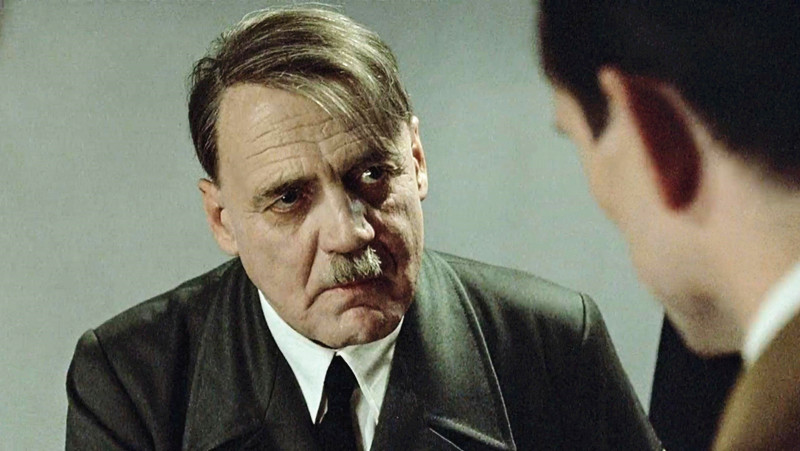
On a philosophical level, violence is rather difficult to define and violence can have connotations reflective of temperament and psychical states. Any sense of disturbance or perturbation may be said to be violent, however artfully rendered.
Slavoj Žižek argues that there are distinguishable types of violence, namely subjective and objective violence. Subjective violence which is manifestly apparent as it seems to emerge from an agent and is directed toward agents. Looting, murder and terrorist attacks are subjective forms of violence. Objective violence is the political and economic structures that generate much of what we deem to be subjective violence.
The films on this list may in some sense deal with a sort of violence, but depict very little subjective violence. Documentaries have been avoided but there are numerous disturbing documentaries that don’t feature violence, such as Mr. Death: the Rise and Fall of Fred A. Leuchter, Jr. which follows a Holocaust denier and designer of death-penalty instruments.
A possible omission was Last Tango In Paris, especially given the circumstances of how an infamous scene was shot, but its inclusion would risk trivializing sexual assault. Films in which the very making of the film is disturbing have therefore been avoided. Given these considerations, hopefully the title is not too misleading.
10. Innocence (2004)
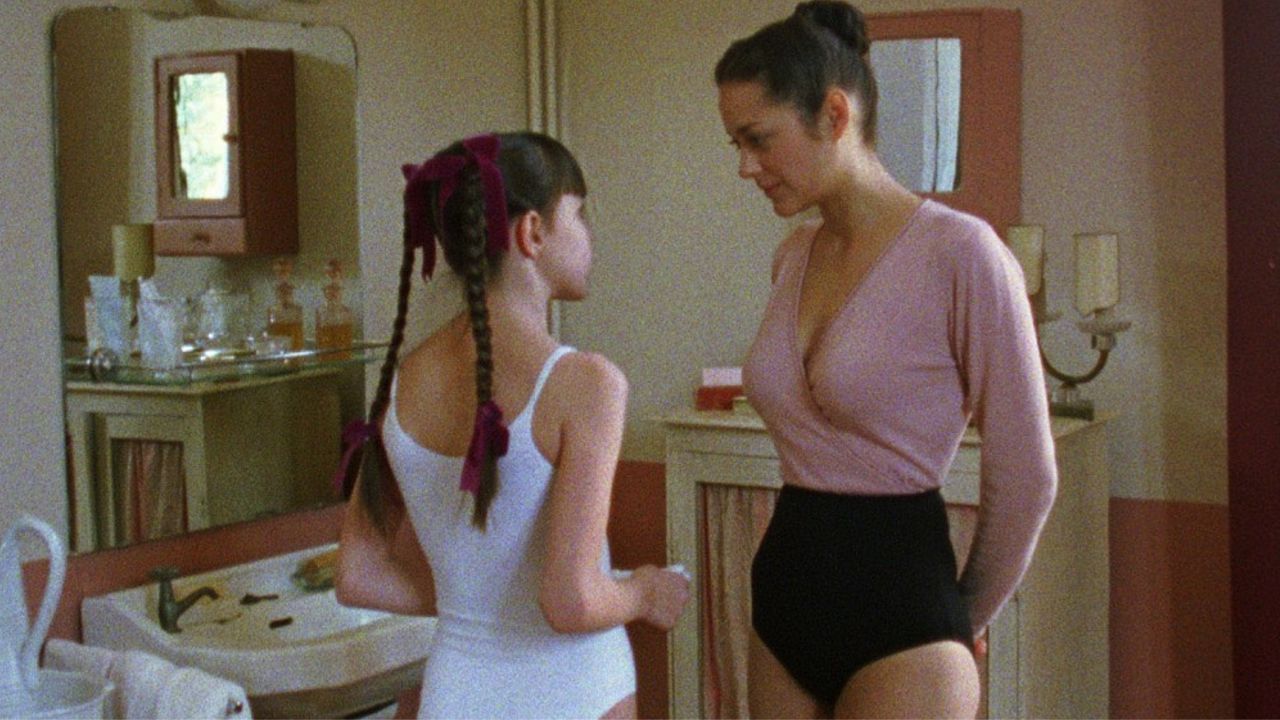
Innocence is a beautiful film by Lucile Hadžihalilović about prepubescent girls in a strange school, where they are sheltered from the outside world. Not much happens in the film. Rather the film evokes a sense of wonder and mystery. However, the exploration of these girls as they transition to adolescence and the sensuality of the cinematography may unnerve some viewers.
As there are intimations of prepubescent sexuality, the film’s subtlety itself may add unease. Also, the fact that new girls to the school arrive in coffins injects a sense of the uncanny. For these reasons, Innocence belongs as a beautiful example of how the wondrous and mysterious can also be troubling.
9. Import/Export (2007)
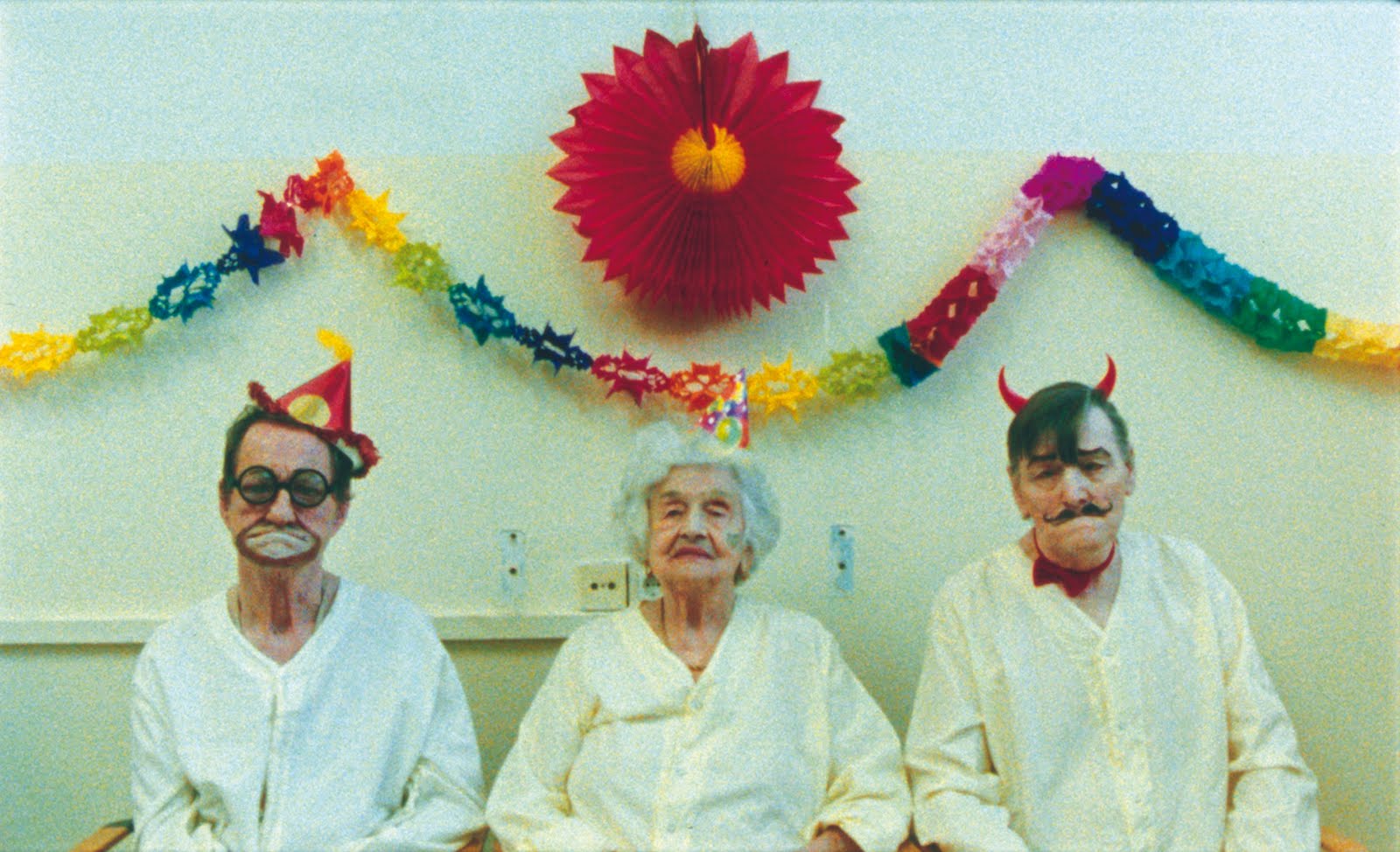
Ulrich Seidl’s film follows two people living different lives who do not meet. Olga is a single mother who is underpaid for her work as a nurse and so takes up work on an online porn site, where clients of the site fascistically shout orders at her. She moves from Eastern Ukraine to Austria where she is fired as a maid and forced to work as a janitor in a hospital where we witness ageing people confront their mortality. The scenes, arguably exploitative, are in a sense genuine as Seidl has used—emphasis on the word—elderly people suffering from dementia.
The other narrative follows Pauli who after being fired from his work as a security guard agrees to travel with his stepdad to Ukraine. He witnesses his stepdad behave cruelly to a sex worker in a scene that would disturb anyone with a trace of moral sensibilities.
This film conveys a sort of structural violence, what Slavoj Žižek calls objective violence. Peter Bradshaw describes the film as “a sort of cinema of cruelty.” As such, many would find even the cruelty of a Haneke movie a little more bearable. Indeed, the fellow Austrian’s work, Amour appears a more tender exploration of aging, sickness and degradation—if one feels Import/Export is in fact too violent to appear on this list.
8. Loving Memory (1971)
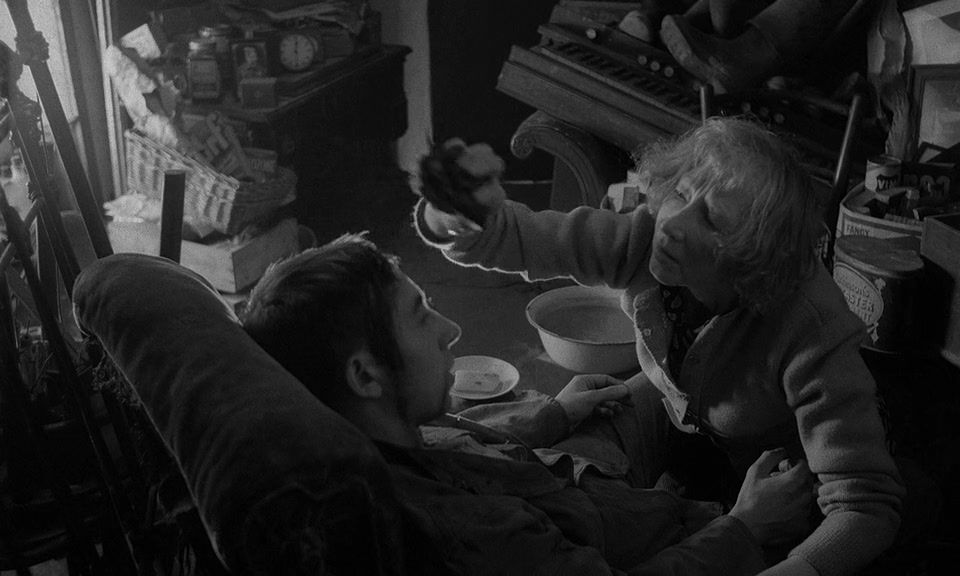
An elderly woman mistakes a hit-and-run victim’s corpse as a living person and behaves with tenderness to the body. Watching her care for a corpse and behave as though it were a living being is unsettling. This film by director Tony Scott is a classic that fuses absurdity and the morbid with a certain tenderness.
7. Camille Claudel 1915 (2013)
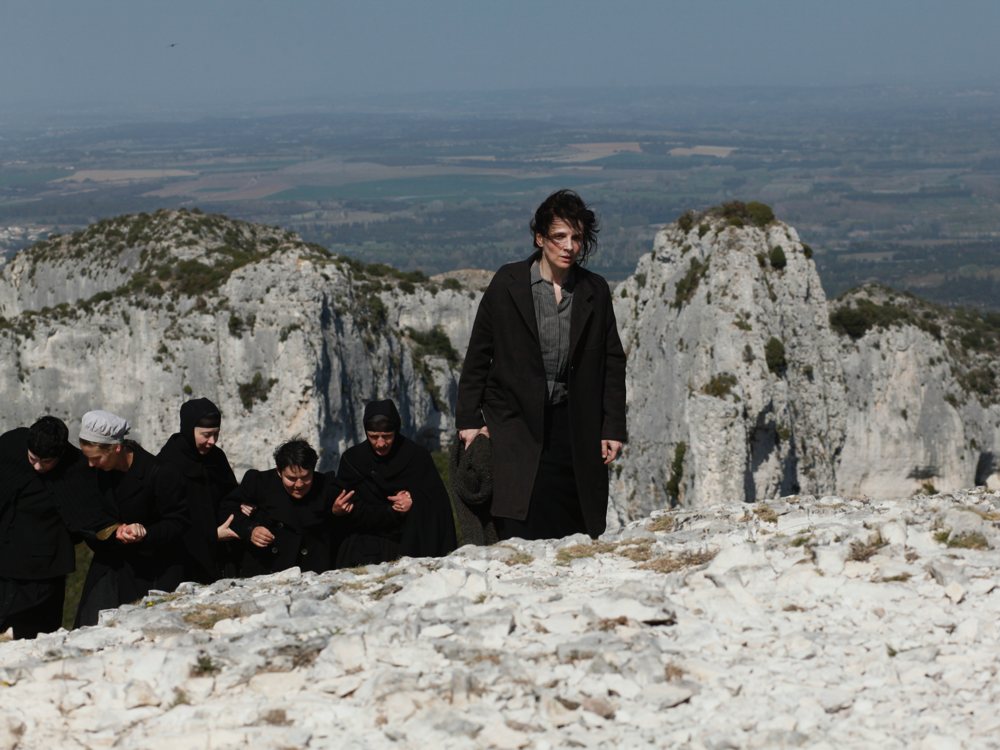
A beautiful film by Bruno Dumont about the sculptor Camille Claudel’s inner and sometimes outer struggle against her incarceration in a mental asylum. Despite not belonging in the asylum, Camille Claudel’s conservative brother Paul Claudel refuses her the right to leave.
Despite the incredible character study that evokes Bresson’s masterpieces, the sheer injustice surely world disturb many viewers. One may end up disagreeing with W.H. Auden that history will “pardon Paul Claudel, Pardons him for writing well.” Nevertheless, to appropriate Auden terms, there are “ironic points of light” that shine throughout the film.
6. Ma Mère (2004)

Christophe Honoré’s Ma Mère is a film about a woman who seduces her son. Ma Mère questions whether immorality can be a type of ethical commitment.
A must for those of transgressive cinema, the film manages to be more twisted than it sounds, but also an exploration of the idea that transgression can be a religious, even moral search for new meanings and commitments.